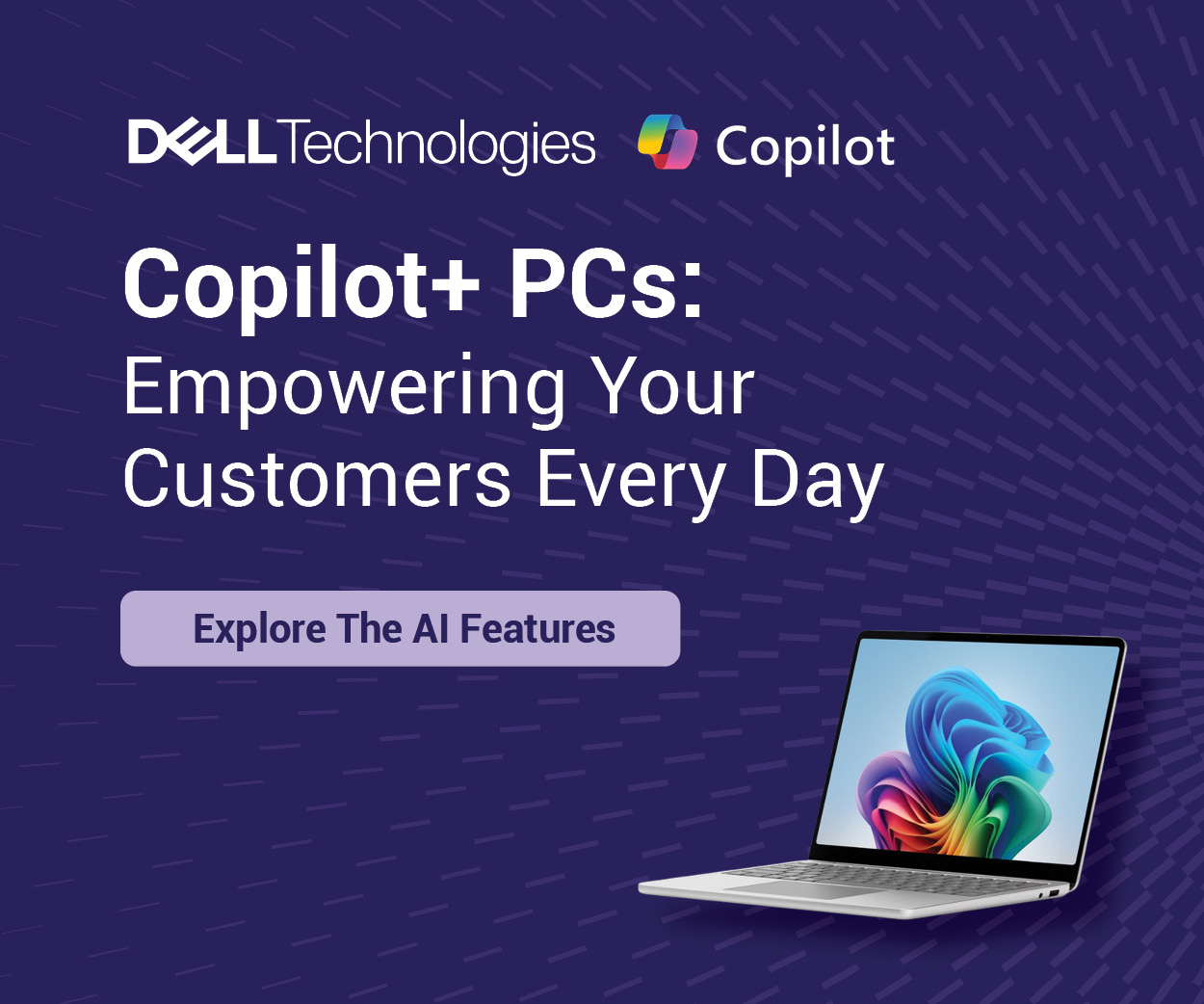Successfully executing a cloud strategy is easier said than done. That’s because many of today’s public cloud options force organizations to make trade-offs with their strategy in order to get the solution in place.
It’s for this reason that Dell Technologies has launched APEX Cloud Services, which allows organizations to enjoy the public cloud experience while retaining the control and security of their very own data center.
Let’s take a closer look at APEX Cloud Services and how it can benefit your customers.
Build the cloud solution your customers need
APEX Cloud Services provides today’s forward-looking organizations with integrated compute, storage, networking, and virtualization resources to deliver a turnkey cloud solution. What’s more, it can be done with just a few clicks of the mouse – your customers can configure and order a cloud infrastructure designed to meet their organizational needs through the APEX Console and see it delivered and deployed to their facility in as little as two weeks’ time. And if business needs shift and more resources are required, the environment can be expanded in as few a five days.
A more simplified private or hybrid cloud solution
The APEX Console helps reduce daily managerial tasks tied to the cloud environment. With it, your customers can:
• Manage cloud workloads and services via a single web interface
• Use integrated monitoring tools to help streamline operations with real-time actionable insights
• Allow users to get what they need with access based on role, while retaining IT oversight
APEX Cloud Services helps you meet your customers’ specific workload needs with purpose-built instance types. All instances deliver standardized combinations of compute, memory, storage, and networking resources, upon which a virtual machine or container can run. They’re aligned and optimized to your customer’s workload requirements, ranging from small (4GB) to extra-large (32GB) memory-to-CPU core ratios.
Instances are offered in quantities of 25, 50, 100, 200, and 500 instances. This empowers your customer to scale their cloud deployment to meet the unique needs of their business. For example, instance blocks can be added together to run a larger quantity of instances of the same type, or they can be mixed and matched to support multiple different workloads within the same solution. Doing this makes it easier for your customers to make the right choice for their business outcomes, and to do so with the confidence of knowing they have in place an intuitive selection of cloud solutions aligned to meet the needs of their enterprise workloads.
Also worth noting here: Dell offers special purpose instance types with Graphics Processing Units (GPUs) from Nvidia™. The goal in doing this is to address future needs tied to Artificial Intelligence/Machine Learning (AI/ML) and Virtual Desktop Infrastructure (VDI).
Support for the entire journey to the cloud
APEX Cloud Services are available in two options: APEX Private and Hybrid Cloud, with predictable monthly pricing through 1- or 3-year term subscriptions — both with hardware, software, and services (deployment, rack integration, support, asset recovery) components conveniently integrated into the subscription.
To learn more about how Apex Cloud Services helps partners bring the benefits of public cloud to their customer locations, contact a Dell Technologies Expert .













